Kevin Young, Brown
BROWN: POEMS, Kevin Young. Alfred A. Knopf, New York, 2018,
Luis Alberto Urrea did such a fine job capturing this book in his 2018 New York Times review, that…well…why should 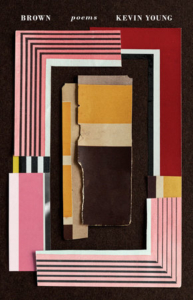 I even try?
I even try?
Kevin Young’s necessary new book of witness creates a parade through time, and I love a parade. Especially one with such good music — the poems in “Brown” dance through bebop and into James Brown’s megafunk. Marching players include B. B. King and Ol’ Dirty Bastard. Sitting on that float decorated with bombed churches and flogged backs, baseball bats and basketballs, Fishbone records and railroad tracks, are Lead Belly and Howlin’ Wolf playing dusty blues for Big Pun. The parade is coming all night, blowing up dust in the crossroads, churning with music, mad for music, swearing “I Would Die 4 U,” grinning just a little so the initiated will feel the love burning like Jimi’s guitar at Monterey. Scrappy kids dive into public pools and hit line drives with broken bats. Every line of “Brown” is aware that this storm must scare the hell out of people who have locked their doors and kneel before Fox News Channel asking God what went wrong. —Luis Alberto Urrea
Yes, yes, yes. All that, and more. 161 pages of sparkling, pure Kevin-Young vernacular. A delight to read aloud.
Kevin Young is current editor of The New Yorker (to which I proudly subscribe), and recipient of so many awards (see his page at Poetry Foundation for the particulars).
Here’s a poem, which, trust me, is only a tiny sample of what’s possible in this book:
James Brown at B. B. King’s on New Year’s Eve
The one thing that can solve most
our problems is dancing. And sweat,
cold or not. And burnt ends
of ribs, or reason, of hair
singed & singing. The hot comb’s
caress. Days after
he dies, I see James Brown still
scheduled to play B. B. King’s
come New Year’s Eve—ringing
it in, us, falling to the floor
like the famous glittering midnight
ball drop, countdown, forehead full
of sweat, please, please,
please, please, begging
on his knees. The night
King was killed, shot
by the Memphis moan in a town
where B. B. King sang, Saint
James in Boston tells
the crowd: cool it. A riot
onstage, heartache
rehearsed, practiced, don’t dare
be late or miss a note
or you’ll find yourself fined
fifty bucks. A fortune. Even
the walls sweat. A God-
father’s confirmation suit,
his holler, wide-collared, grits
& greens. Encore. Exhausted
after, collapsed, carried
out, away, off—not on a gurney,
no bedsheet over
his bouffant, conk
shining, but, boots on,
in a cape glittering bright
as midnight, or its train.—Kevin Young
In his review, Urrea also says,
Did I say this was a political screed? A radical’s blurt of invective? Forget it. The Rev. Kevin Young has opened the Book of Jubilees and the Book of Lamentations, and he is here to pray.
It’s an urgent, necessary poetry, a poetry of witness, as Urrea says, contemporary American letters at its best, a perfect book to wrap up my 30 days of blogging for National Poetry Month.
You can listen to any of numerous podcasts, listed at Young’s website. This one, at the Slowdown with Ada Limón, shows another side of Young’s obsessions (start at 1:09 to skip the ad; Young’s “Egrets” begins at 4:30):


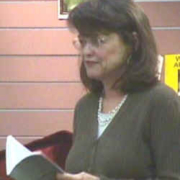
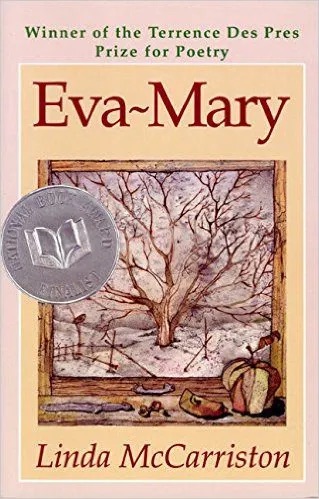 eventually did. Since then—for most of the last thirty years—it has been shelved above my writing chair with a lot of other poetry books.
eventually did. Since then—for most of the last thirty years—it has been shelved above my writing chair with a lot of other poetry books.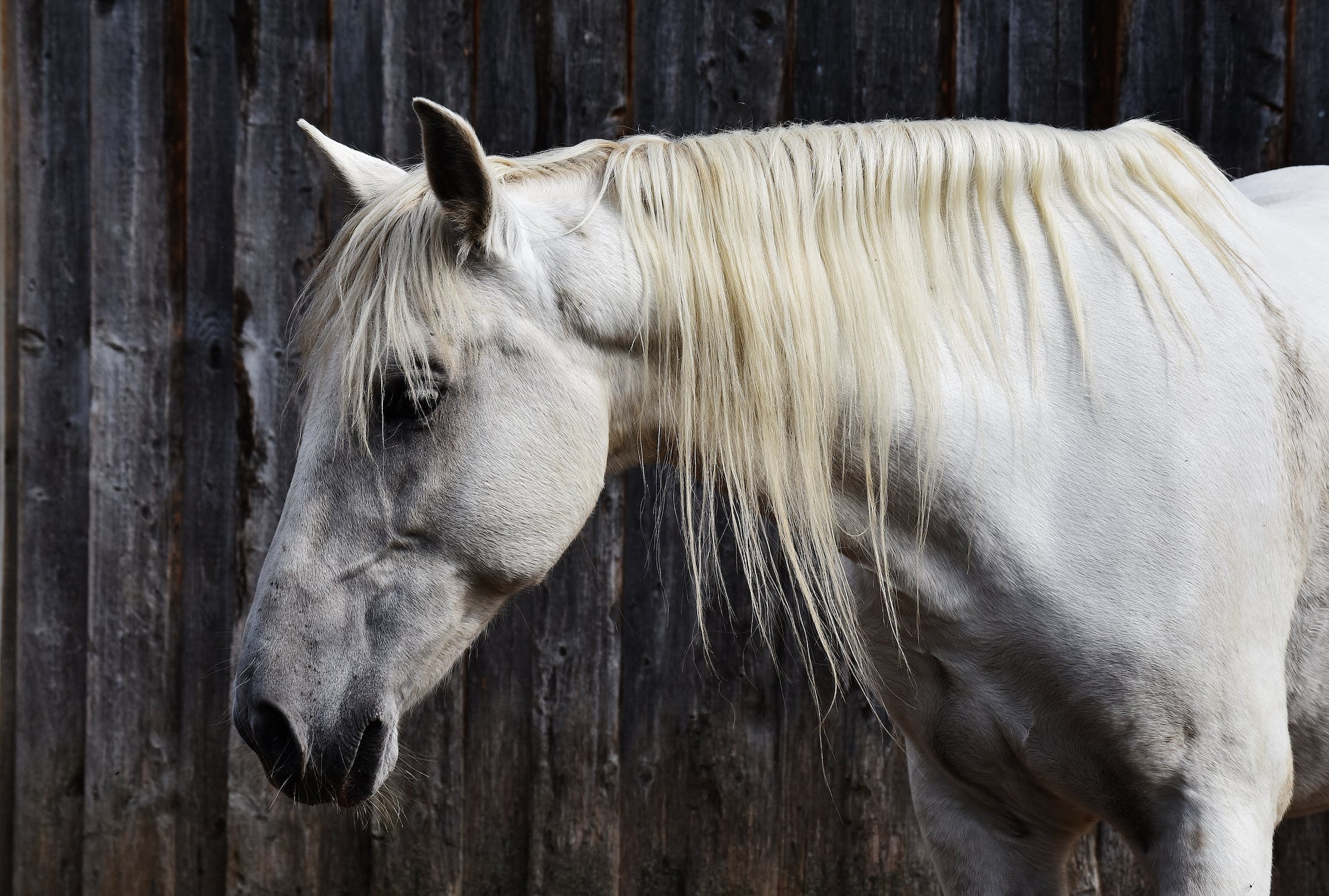
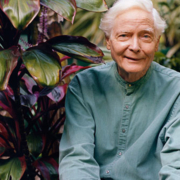
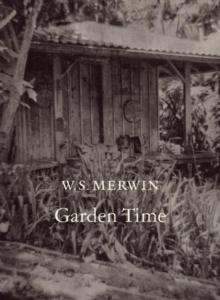 our Watermark Series, and I was one of a handful of students to be granted a one-on-one tutorial with him. Born the same year as my father, he wore a logger’s hickory stripe shirt that day, and he had intense blue eyes, like my logger father. I could hardly speak, I was so in awe of him.
our Watermark Series, and I was one of a handful of students to be granted a one-on-one tutorial with him. Born the same year as my father, he wore a logger’s hickory stripe shirt that day, and he had intense blue eyes, like my logger father. I could hardly speak, I was so in awe of him.
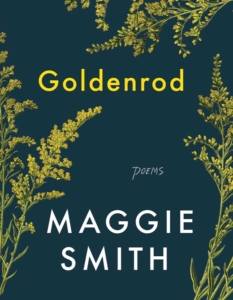 memoir, You Could Make this Place Beautiful; and, when another friend—hearing that I was writing a blogpost—said, “Maggie Smith, the memoirist?”
memoir, You Could Make this Place Beautiful; and, when another friend—hearing that I was writing a blogpost—said, “Maggie Smith, the memoirist?”